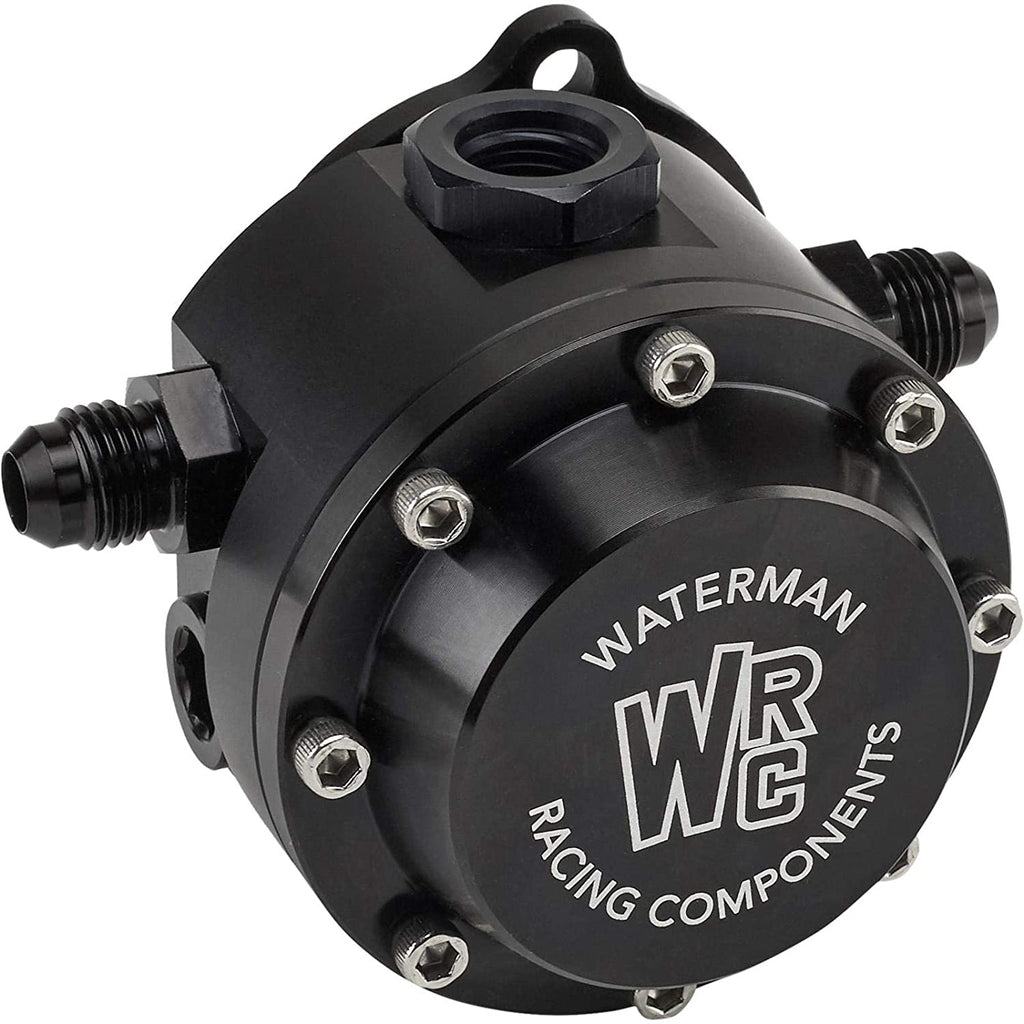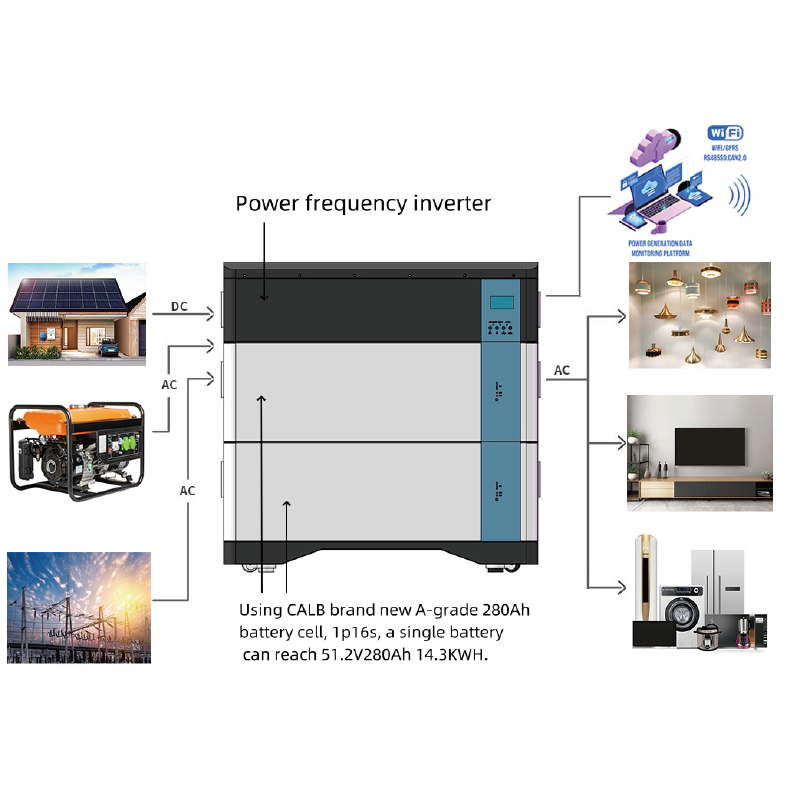Mechanical fuel pumps play a crucial role in the functioning of internal combustion engines, supplying the necessary fuel to keep the engine running smoothly. As a vital component, it is essential to understand the lifespan of mechanical fuel pumps to ensure optimal performance and prevent unexpected failures. In this article, we will delve into the factors that influence the longevity of mechanical fuel pumps and provide insights into how many years they can last.
- Understanding Mechanical Fuel Pumps:
Before we explore the lifespan of mechanical fuel pumps, let's first understand their construction and operation. Mechanical fuel pumps are typically driven by the engine's camshaft or a separate eccentric shaft. They consist of various components, including a diaphragm, valves, and a lever arm, working together to deliver fuel from the tank to the carburetor or fuel injectors. - Factors Affecting Longevity:
Several factors can impact the lifespan of mechanical fuel pumps. These include:
a. Quality of Materials: The quality of materials used in manufacturing the fuel pump can significantly influence its durability. Higher-quality components are more likely to withstand the rigors of continuous use and last longer.
b. Maintenance and Care: Regular maintenance, such as cleaning and inspecting the fuel pump, can help identify potential issues early on and prevent premature failure. Neglecting maintenance can lead to accelerated wear and reduced lifespan.
c. Operating Conditions: The operating conditions, such as temperature extremes, excessive vibrations, and contaminated fuel, can affect the longevity of mechanical fuel pumps. Harsh conditions can put additional stress on the pump, leading to faster wear and potential failure.
d. Driving Habits: Aggressive driving, frequent high-speed acceleration, and sudden stops can increase the workload on the fuel pump, potentially shortening its lifespan. Maintaining smooth and consistent driving habits can help prolong its longevity. - Average Lifespan of Mechanical Fuel Pumps:
While the lifespan of mechanical fuel pumps can vary depending on the factors mentioned above, on average, they can last anywhere from 50,000 to 100,000 miles (80,000 to 160,000 kilometers). However, it is important to note that this is just an estimate, and individual experiences may vary. Some fuel pumps may fail prematurely, while others can exceed the average lifespan with proper maintenance and care. - Signs of a Failing Fuel Pump:
Recognizing the signs of a failing fuel pump is crucial to avoid sudden breakdowns and costly repairs. Common symptoms include:
a. Engine Misfires: A failing fuel pump may not deliver an adequate amount of fuel, leading to engine misfires or hesitation during acceleration.
b. Difficulty Starting: If the fuel pump struggles to supply fuel, you may experience difficulty starting the engine, especially after the vehicle has been sitting for a while.
c. Sudden Loss of Power: A failing fuel pump may cause a sudden loss of power while driving, as the engine is not receiving enough fuel to maintain performance.
d. Increased Fuel Consumption: A fuel pump nearing the end of its lifespan may struggle to maintain proper fuel pressure, resulting in increased fuel consumption.
Conclusion:
Mechanical fuel pumps are vital components of internal combustion engines, and understanding their lifespan is crucial for vehicle owners and mechanics alike. By considering factors such as material quality, maintenance, operating conditions, and driving habits, one can maximize the lifespan of a mechanical fuel pump. Regular inspections and prompt replacement when necessary can help prevent unexpected failures and ensure the smooth operation of the engine. Remember, a well-maintained fuel pump can contribute to the overall longevity and performance of your vehicle.



